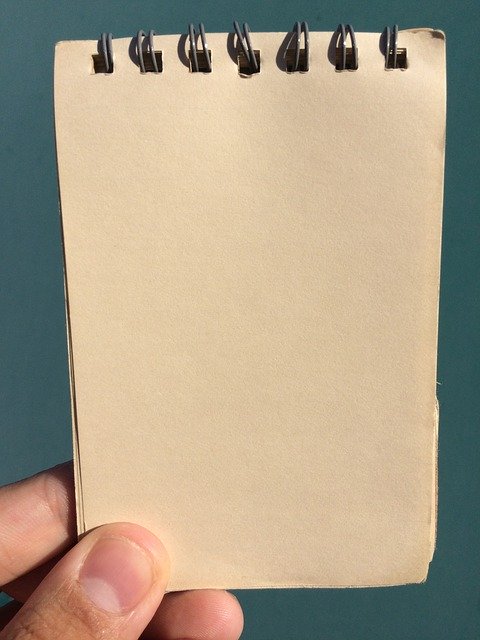
When people have bad credit, it can prevent them from getting loans, leasing vehicles, or making decisions on other crucial financial matters. Being negligent or delinquent when it comes to bills can hurt your credit scores. If you are looking for ways to improve your credit score, the advice in this article can help you.
For those with imperfect credit, it can be hard to secure financing for a home. If possible, apply for an FHA loan; these loans are backed by the United States government. FHA loans can even work when someone lacks the funds for down payment or closing costs.
Pay down the balance on any credit card that is 50% or more of the credit limit. Once your balance reaches 50%, your rating starts to really dip. At that point, it is ideal to pay off your cards altogether, but if not, try to spread out the debt.
If you want to avoid giving too much to your creditor, simply refuse to pay towards unfairly huge interest rates. Some companies that charge high interest rates are running the risk of having those rates challenged by consumers. Although, in reality, you did agree in advance to pay any interest charges incurred. Be very wary of suing your creditors, especially if all of your issues were covered in the contract.
The higher your credit score, the lower the interest rate that you can obtain will be. It will lower your monthly payments, so your debt will be taken care of at a much quicker rate. Paying your outstanding balances on time is the best way to keep your credit in check, and to obtain lower interest rates.
If you want to fix your credit avoid companies claiming they can remove all of your issues, even those properly reported. You have to wait for seven years before negative data can come off your record. You should know that mistakes and anything incorrect can be removed from your credit report.
You must pay your bills consistently if you want to repair your credit. It is key that you pay them on time and in full. Do the best that you can. Your credit score starts to improve immediately upon paying off some of your past due bills.
If credit repair is something you are investigating and a company has told you they can strike true, but negative, information off of your credit report, they are lying. Regardless of their claims, these debts will stay on your report for seven years at a minimum. Know, however, that it is possible to delete information that is actually wrong.
Before you agree to any sort of repayment plan to settle your debts, consider how this will affect your credit score. Some methods are less damaging than others; research them all before making an agreement with your creditor. The creditor is only interested in receiving the money due, and is not concerned with your credit score.
If you find a mistake on your credit report, be sure to dispute it! Gather your support documents, make a list of the errors, and compose a letter to pertinent agencies. When you mail your dispute package, be sure to make arrangements for confirmation of receipt. In this way, you will have documentation that your information has been received.
Having a good credit score is important to most people due to the fact that their credit scores are taken into account when obtaining all types of loans, including personal, business and student loans. If you are buried under a mountain of debt and have poor credit as a result, you can crawl out of that hole using the following tips.
Working closely with the credit card companies can ensure proper credit restoration. Avoid collection to improve your credit score. Don’t be afraid to ask for alterations in interest rates or dates of payment.